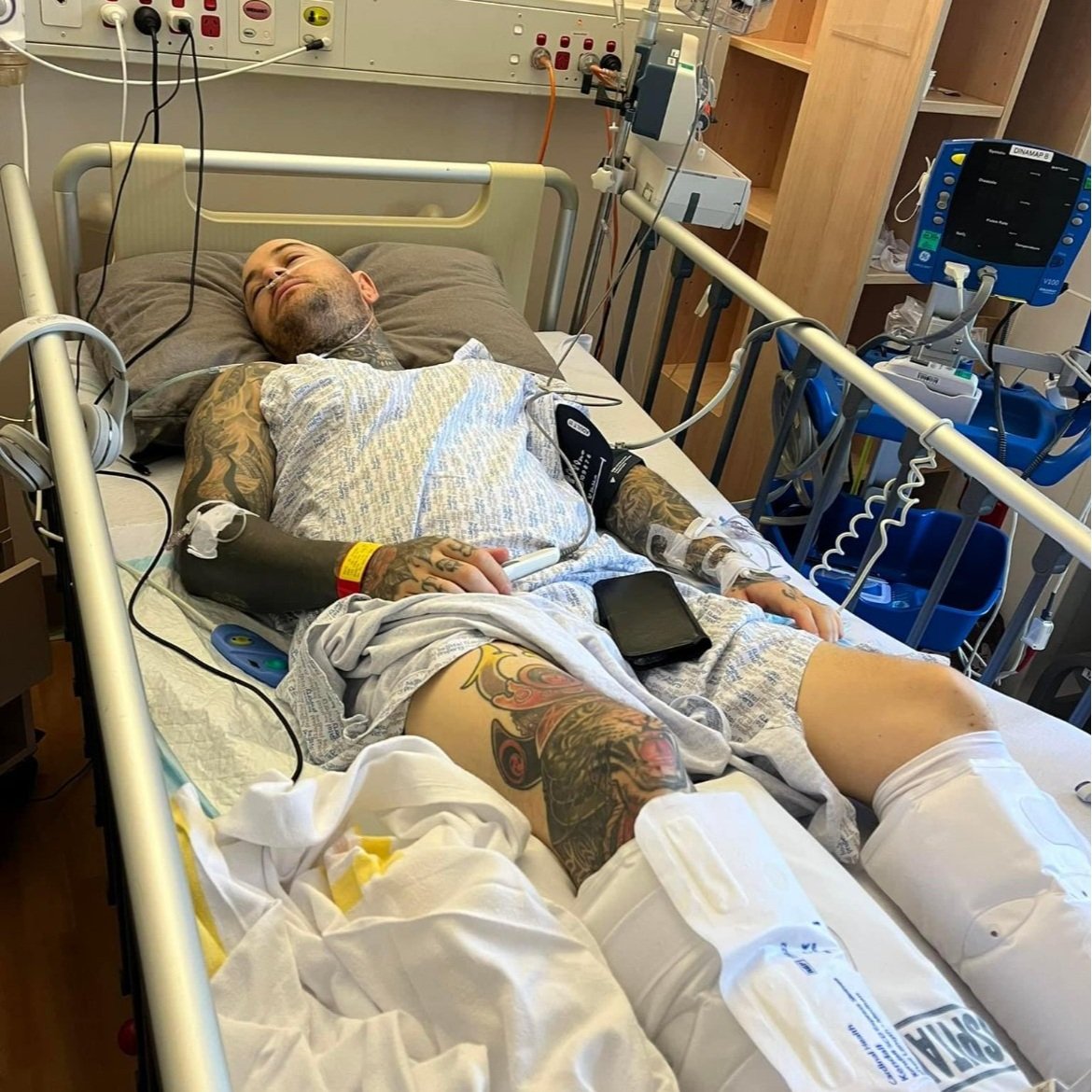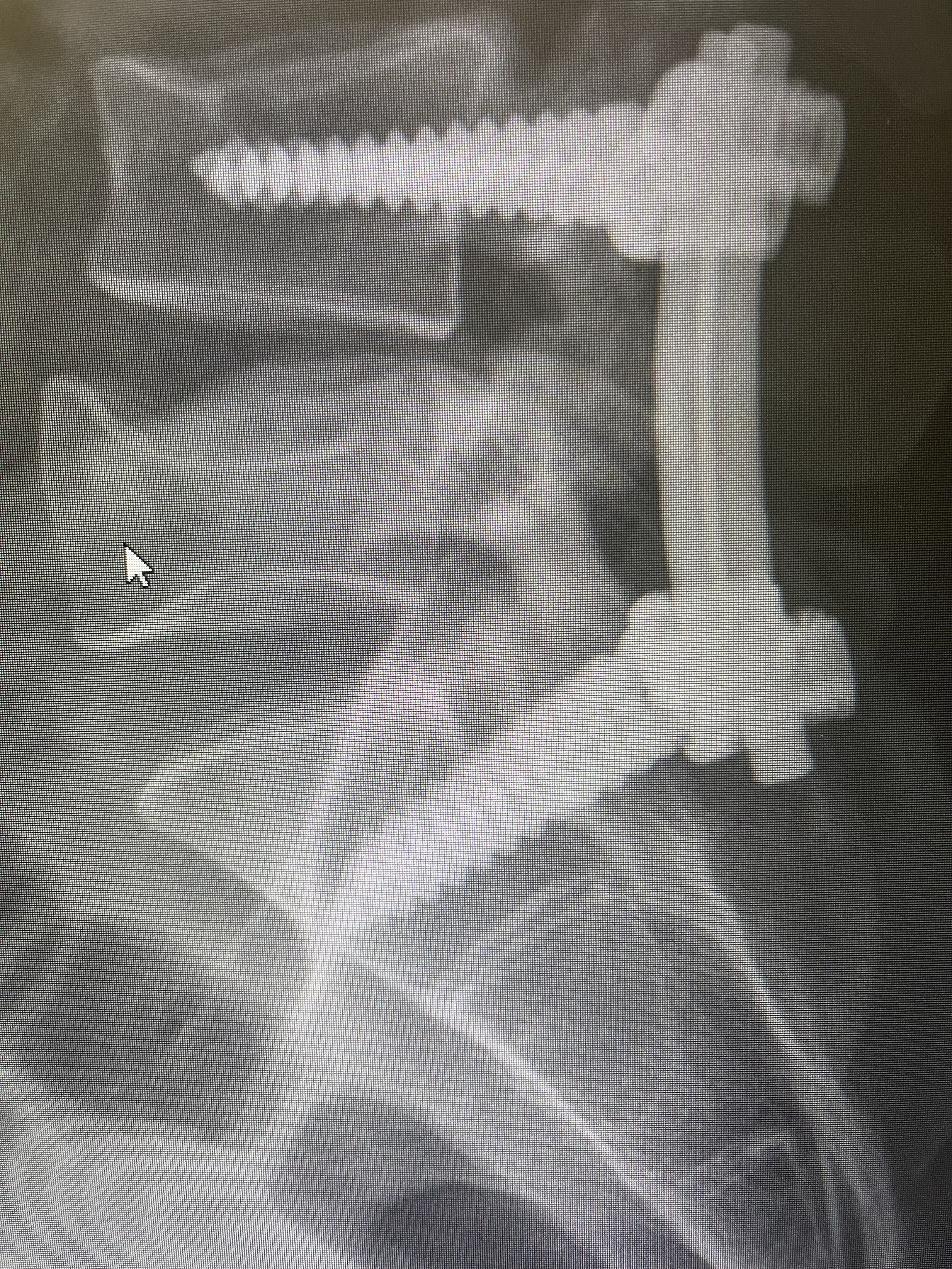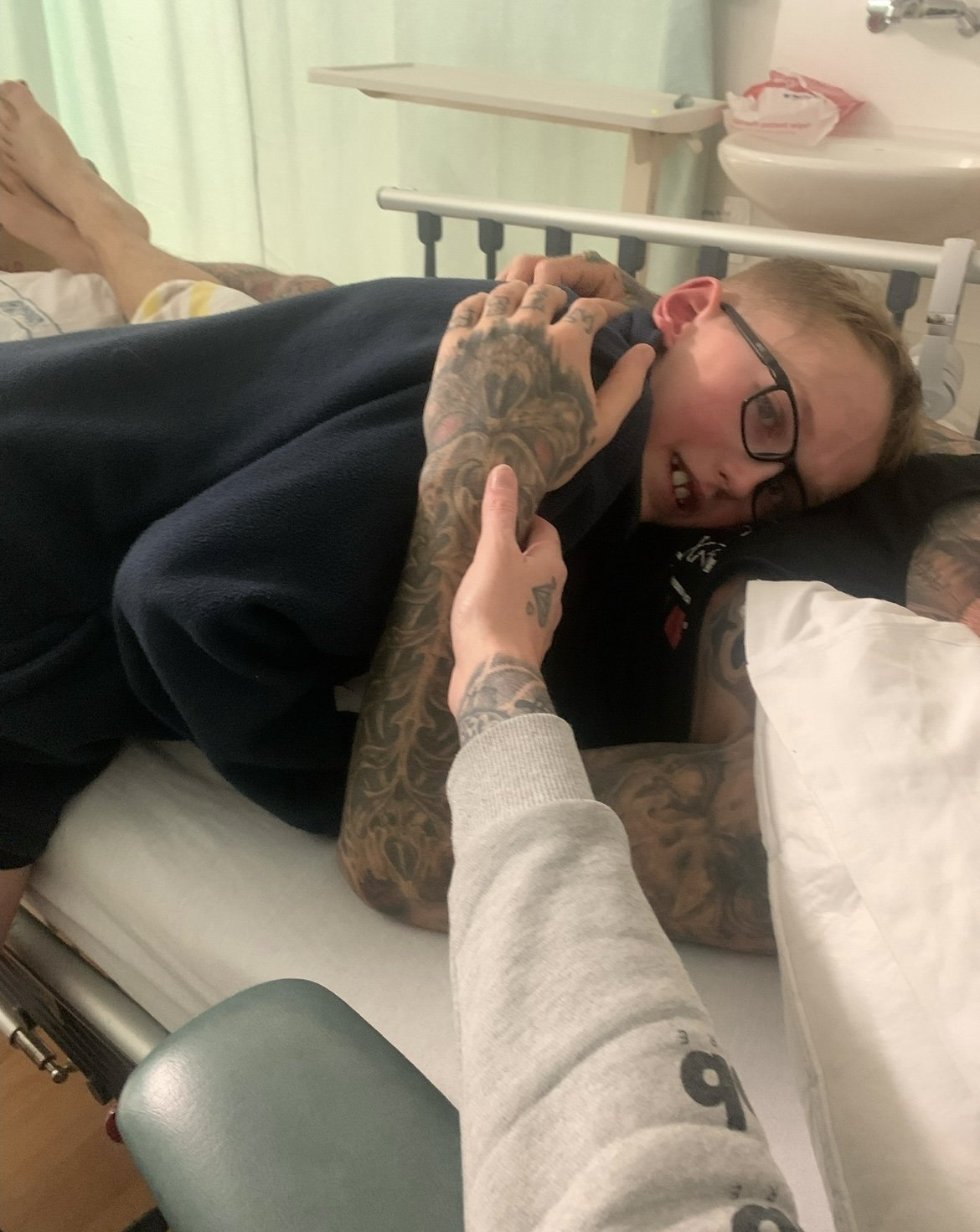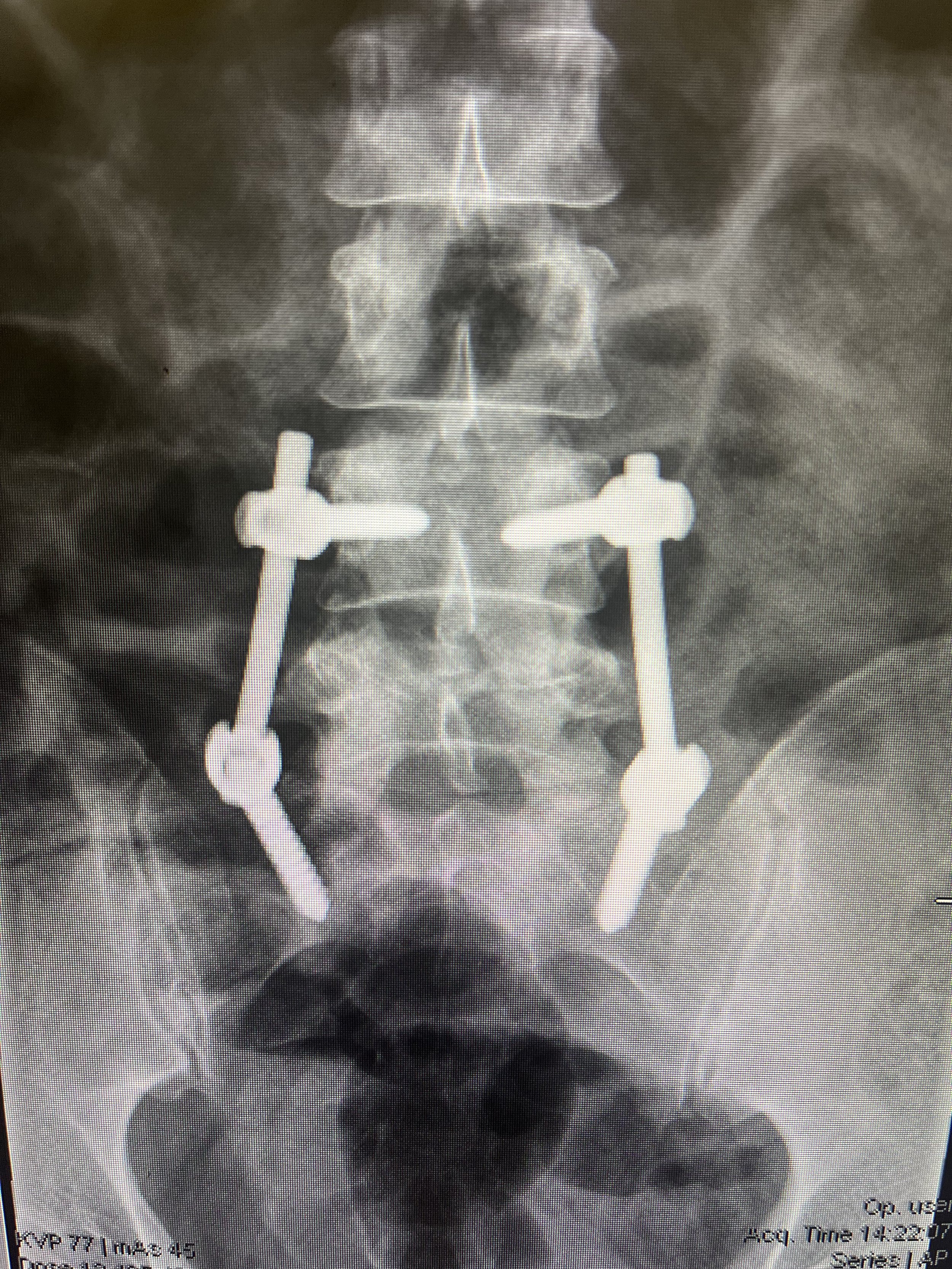“I fell asleep in my own bed, and woke up in hospital” – Connah’s story
In his mid-30s, Tauranga man Connah Boyd has lived with type 1 diabetes for 27 years. He got through his teenage years and through his 20s without a serious incident, and considered he had his diabetes well under control.
That was until a month ago. Connah, who is very active and a regular gym goer, had completed a strenuous session at the gym in the evening, then gone home and had a substantial meal as usual.
Connah went to bed at his normal time, fell asleep - and woke up in hospital with his spine fractured in three places.
While asleep, he had experienced a serious low (hypoglycaemic episode) and gone into convulsions so severe he had fractured three of his vertebrae, one of which was exploded, and bitten through his tongue.
His partner woke to find him on the floor, covered in blood; she called 111, and he was taken to emergency.
With a CGM, Connah would have been warned that he was hyperglycaemic and been able to avoid going dangerously low.
In his hospital bed he was told that, with his spine in pieces, he would need substantial amounts of physiotherapy and months of hard work to walk again. The hits kept coming as he found out that NZTA requirements meant he wouldn’t be able to drive for 12 months because his seizure could potentially be a symptom of epilepsy.
Connah runs his own business, and can’t afford to not be able to drive. So, he paid $3,000 for a neurologist’s assessment and certification that he is safe to drive.
[From NZTA website: A single seizure doesn’t necessarily mean you have epilepsy, but it does mean you will need to stop driving for 12 months. In exceptional circumstances the 12-month stand-down period may be reduced if there is a clearly identified non-recurring cause for the seizure. The 12-month stand-down period can be reviewed in consultation with a neurologist and your health practitioner.]
Connah runs his own business, and can’t afford to not be able to drive. It cost him $3,000 to see a neurologist privately, and to be certified as safe to drive.
After three weeks in hospital, Connah has made strides in recovery, however he is still unable to walk and will be unable to work for months.
Connah is joining Diabetes NZ and people around Aotearoa to call on Pharmac to fund continous glucose monitors (CGM) for everyone living with diabetes.






